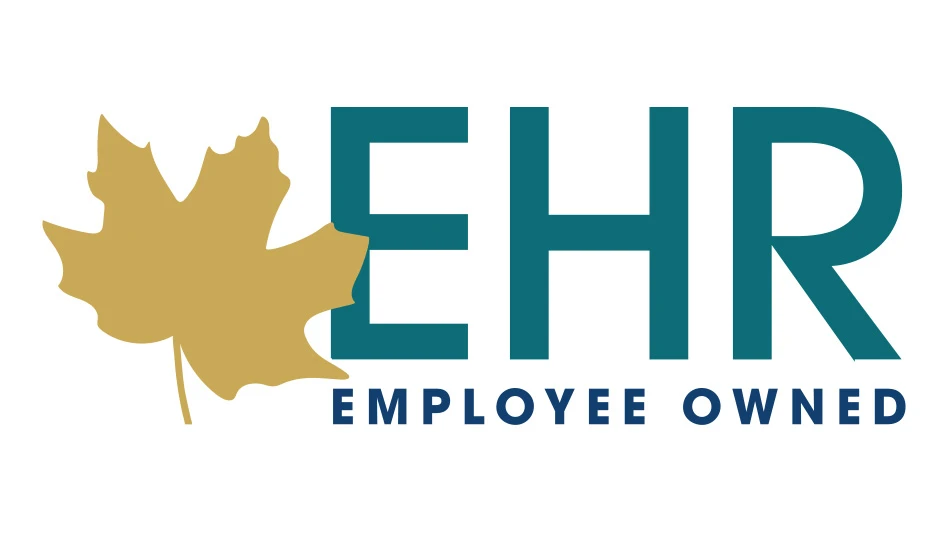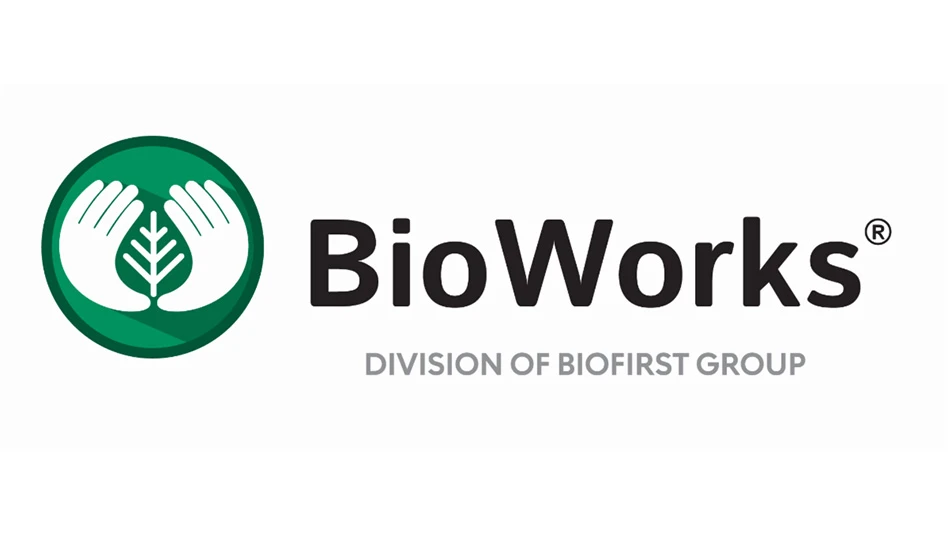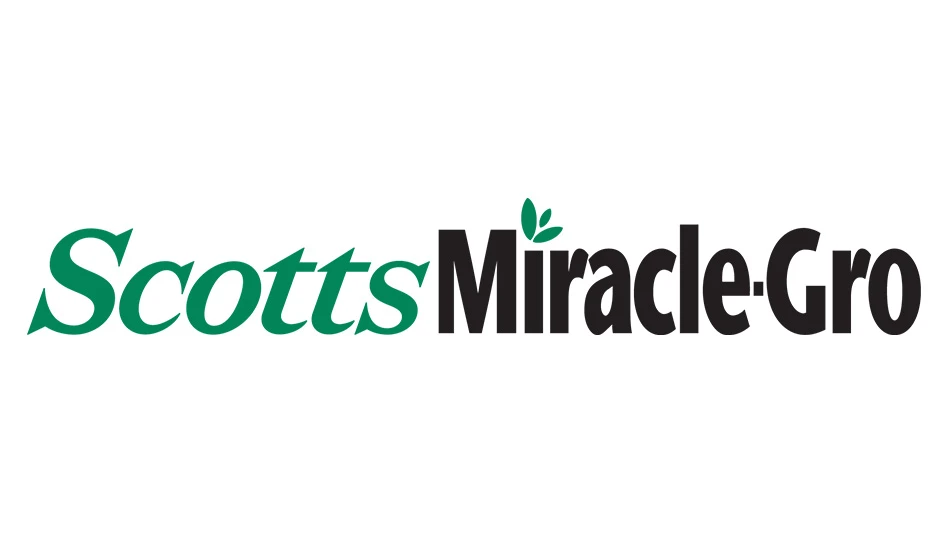
Beginning January 1, 2024, most incorporated nurseries, new or old, will be required to file a Beneficial Ownership Information (BOI) report with the Financial Crimes Enforcement Network (FinCEN). The reporting requirement was mandated as part of the bipartisan Corporate Transparancy Act (CTA) passed recently by Congress.
The CTA is a money laundering law that allows the government to collect so-called “beneficial” ownership information they feel is needed to “protect national interests and better enable the government’s efforts to counter those illegal acts.” Concealing the ownership of corporations, according to our lawmakers, facilitates money laundering, financing of terrorism, tax fraud and other illegal acts.
Who me?
All so-called “Reporting Companies” — those formed on or after January 1, 2024 — must report BOI for both their beneficial owners and company applicants to the FinCEN within 30 days of their formation or registration.
The new law requires existing businesses formed before January 1, 2024, including those making ownership changes, Limited Liability Companies (LLCs) and other entities created by registering with a secretary of state, to file the BOI report no later than January 1, 2025.
Incorporated wholesale nursery businesses including regular and S corporations, as well as LLCs, must file a BOI report unless they are specifically exempt. Although corporations and LLCs are the only business entity types specifically referred to in the rule, others will likely also be required to file.
The key for filing is whether the entity was required to register with or file a document with the secretary of state or similar office when the business was created. According to many experts, it’s quite possible that sole proprietorships and most general partnerships will not have to file a BOI report because they aren’t required to file formation documents.
The report
The new rules require a reporting wholesale nursery to identify itself and submit four pieces of information about its beneficial owners. Generally, all that is required is the name of the business, its current address, state in which it was formed, Employer Identification Number as well as name, birth date, address and government issued photo ID (such as a driver’s license or passport) of every direct or indirect beneficial owner of the business.
Those rules also require that reporting businesses created after January 1, 2024, provide the same four pieces of information and document image for company applicants. What’s more, once an individual provides their four pieces of information to FinCEN directly, the individual may obtain a “FinCEN Identifier,” which can be used on a FinCEN report in lieu of providing the required information about the individual in future reports.
Reporting companies defined
There are two types of reporting companies: domestic and foreign. A domestic reporting company is a corporation or LLC — or any entity created by the filing of a document with a secretary of state or any similar office under the law of a state or Indian tribe.
A foreign reporting company is a corporation, LLC or other entity formed under the laws of a foreign country that is registered to do business in any state or tribal jurisdiction by the filing of a document with the secretary of state or similar office.
While not mentioning them, the FinCEN expects their definitions will mean that reporting companies will include Limited Liability Partnerships, Limited Liability Limited Partnerships, business trusts and most limited partnerships as well as corporations and LLCs.
Company applicants
Emphasizing its emphasis on small businesses, the BOI reporting rules define a “company applicant” to be only two persons: the individual who directly files the document that creates the entity and the individual who is primarily responsible for directing or controlling the filing of the relevant document for another.
The rules do not, however, require reporting companies existing or registered as of the effective date to identify and report on their company applicants. In addition, reporting companies formed or registered after the effective date of this rule also don’t need to update company applicant information.
Beneficial owners
Although the FinCEN reportedly expects the majority of reporting businesses will find it relatively easy to file reports, lawmakers created definitions to account for the various ownership or control structures in businesses required to file BOI reports. Those definitions are pretty straightforward.
The term “beneficial owner,” for example, includes any individual who, directly or indirectly, either 1.) exercises substantial control over a reporting company, or 2.) owns or controls at least 25% of the ownership interests of the reporting company. “Substantial control” is defined to include a range of activities most centered around anyone who is able to make important decisions on behalf of the entity.
The rules determine whether an individual owns or controls 25% of the “ownership interests” of a reporting company. Beneficial owners can also be anyone with a significant role in the management or direction of these entities, or any trusts that own 25% of the entity.
The cost
While there is no fee for filing BOI reports, lawmakers estimate that it will cost reporting businesses, such as wholesale nursery growers with simple management and ownership structures — which FinCEN expects to be the majority of reporting companies — approximately $85 to prepare and submit an initial BOI report. While FinCEN and lawmakers have minimized the time and cost of collecting, confirming and filing the information, their penalties make up for it.
Willful failure to report or willfully providing false beneficial ownership information or false documents or photographs will be punishable with a civil penalty of up to $500 per day — plus a possible criminal fine of $10,000 and up to two years in prison, or both.
Keeping in mind how broadly our lawmakers have defined what constitutes “willful” failure to file information under the related Foreign Bank and Financial Accounts Reporting’s required reports, it is likely the IRS will attempt to make what is merely negligence on the part of a nursery business owner into a civil or criminal violation.
Who is exempt?
There are 23 categories of entities that are exempt from the BOI reporting filing rules. Most exemptions are for entities that are already subject to substantial federal or state regulation such as publicly-traded companies and other entities that file reports with the SEC, banks and credit unions, money services businesses, securities brokers and dealers, tax-exempt entities, insurance companies, state licensed insurance producers, pooled investment vehicles, public utilities and accounting firms.
There is also an exemption for so-called “large operating companies,” defined as an entity that 1.) employs more than 20 fulltime employees in the U.S., 2.) has an operating presence at a physical office within the United States, and 3. has filed a federal income tax or information return in the United States for the previous year demonstrating more than $5 million in gross receipts or sales. The entity must meet all three requirements to be exempt.
Ready, set, go
The owners and managers of every green-industry business should determine whether their firm is a reporting company and subject to the CTA’s BOI reporting requirements. If so, the first question is when they want to file their initial BOI report.
Obviously, there is a need to gather the requirement information and ensuring it is current at the time that initial report is filed. What’s more, there should be a system for keeping track of the information reported in order to be aware if updates must be filed.
The initial BOI report as well as all updates and corrections are to be filed electronically with FinCEN any time after January 1, 2024 via their website.
The substantial penalties for failing to comply ($500 a day up to $10,000 and up to two years in jail) should compel many who might be tempted to ignore the BOI reporting requirements to comply. Now is the time for every grower to seek help from a professional and prepare for the wave of reporting required.

Explore the February 2024 Issue
Check out more from this issue and find your next story to read.
Latest from Greenhouse Management
- Grant awarded to test western U.S. wood species for use as wood fiber potting substrate
- Pennsylvania Horticultural Society announces 2025 Gold Medal Plant winners
- Oasis Grower Solutions announces new Southeast territory sales manager
- A nation of gardeners: A history of the British horticulture industry
- Last Word with Angela Labrum, Bailey Nurseries
- Iowa plant supplier Plantpeddler building retail complex
- This month's Greenhouse Management magazine is about native plants and sustainability
- The HC Companies, Classic Home & Garden merge as Growscape





